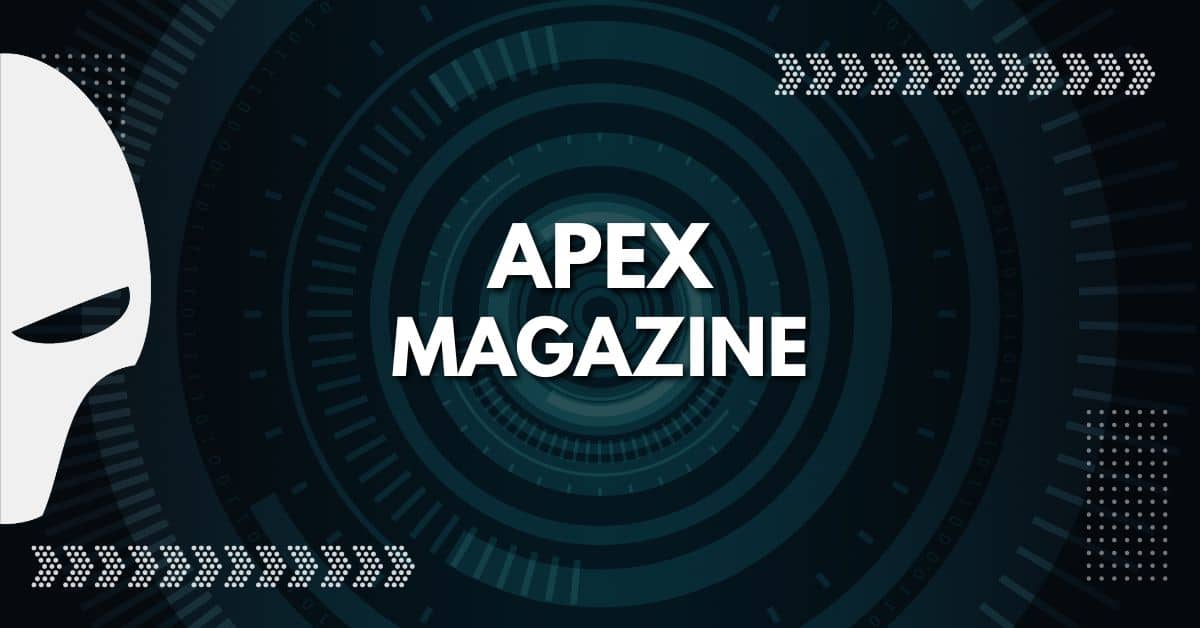
In “CUE:Change”, the undead promise change, a better world. What are your thoughts on the consequences, good or bad, that a society functioning with a “hive mind” would usher in?
Interesting question. I don't know that the hive mind in "CUE: Change" offers a better world as much as a changed one. The argument being that people are terribly afraid of change and usually accuse people who are trying to enact that change as working as a single collective. I think there would be a lot of consequences to a hive mind--loss of art, spontaneity, and individuality being only three. The question is, are these things worth fighting for if it eliminates hunger and suffering and pain of all people? I'm not sure I have an answer. The story just poses the question.
In your short story, "CUE:Change” the zombies are sentient, not the rambling, rotting creatures we have seen before. “They… talked. Which meant they were smart. They were said to have some kind of social agenda — they spoke of evolution and social change. No one listened.” Do you believe this threat of an undead creature that thinks and rationalizes is a larger threat than the stereotypical zombie?
I like stereotypical zombies. But they're usually slow moving and unthinking. Their biggest threat is in sheer numbers--of course this is a pretty big threat. But the idea of a hoard of people seriously contemplating ideas of how to destroy society can be pretty terrifying to most. Especially since they all agree on the problem: us. I don't know if this is a larger threat than the typical zombie. I certainly like the idea better.
“CUE:Change” is one story from your collection “Let's Play White”. What can you tell us about the collection?
Let's Play White is a collection of eleven short stories. Like "CUE: Change," many of the stories contain some kind of social backdrop, usually through the lens of the speculative. These are not morality tales. There's usually no right or wrong or good or bad for the characters. Instead I try to put the characters through the unthinkable while they struggle to maintain some form of humanity.
*Now that I've been completely obtuse, please read the collection.
What are your thoughts on racial and gender stereotypes in fiction, namely the genres of science and speculative fiction and horror? Do you feel there has been any progress made in featuring different races or females as strong lead characters?
I'm sure there has been some progress made in both overt sexism and racism in speculative fiction. There's still a long way to go.
You have written about the difficulty you have faced, being a woman of color, trying to break into the genre of speculative fiction. Do you have any words of advice for women facing the same struggle?
Not a lot, unfortunately. There are a handful of wonderful women of color writing in the genre and a they all have different stories to tell. Any advice I say here would be really generic and ultimately useless. Feel free to email me, tho.
In your writing is there any subject matter that you consider off limits, if so why?
Not really, no. I'm not a fan of rape or incest. Not that I would never write about these things, but I'd have to be careful not to simply make them contrivedplot devices or glorify them. But anything can be done poorly in the wrong hands.
For first time readers of your work, sum up what to expect in one sentence.
One Sentence, huh? Expect to have good, clean, wholesome fun. (Well, that's a lie. But at least it's a one sentence lie!)
Thanks for being such a great guest! Where can we go to learn more about you and your works?
Thanks for having me. The best way to keep up to date on me is through my blog:https://chesyaburke.livejournal.com/













